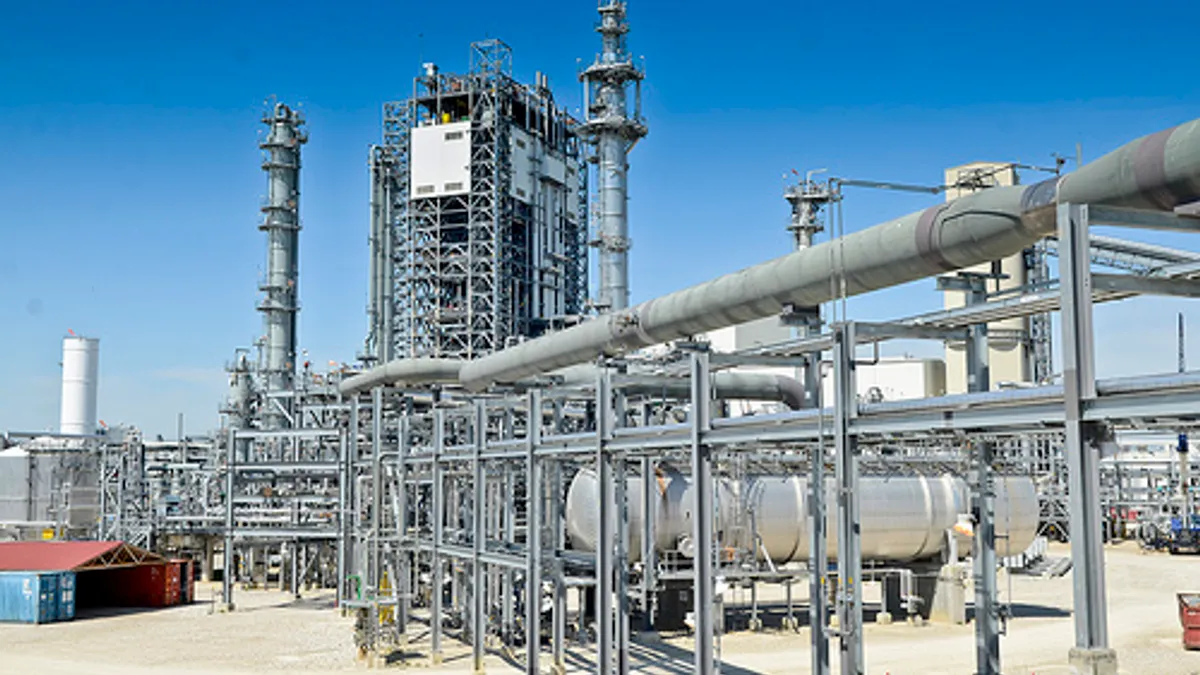Dive Brief:
- Federal regulators this week could pass new rules aimed at aligning the natural gas and electric schedules, possibly moving up the beginning of the gas scheduling "day" by five hours.
- FERC is proposing a 4 a.m. CCT start to gas scheduling cycles, after the North American Energy Standards Board was unable to reach a consensus between the two industries.
- Power generators say better aligning the cycles will boost reliability, but pipeline operators have balked saying there is no reason to make changes when plants could simply schedule more firm gas supply.
Dive Insight:
As Utility Dive reported in December, the electric and gas industries have long disagreed about when the day begins, but reformers say aligning the start times would allow for greater coordination. With the proposed Clean Power Plan boosting gas-fired electric generation, federal energy regulators are considering every option to enhance efficiency and cooperation between electric utilities and gas suppliers and pipeline operators.
Argus Media points out that FERC has put the gas-electric harmonization issue on the docket for its meeting this week, in a highly-watched case that could change the technical start of a pipeline operator's day. The commission, absent an agreement between the two industries, proposed changing the start of the gas day to 4 a.m. CCT, from 9 a.m. CCT.
The pipeline industry has instead asked FERC to add and alter nomination cycles, allowing power generators more certainty in their scheduling without drastically changing the gas day. Joan Dreskin, general counsel for the Interstate Natural Gas Association of America, told Argus that "we think that the scheduling change alleviates the need for changes to the gas day."
Accurately scheduling gas flows for generators increasingly-reliant on the fuel is vital, but the electric industry's variable schedule begins at midnight in the operator's territory. Power plants say the discrepancy means they could be running out of fuel before pipeline operators begin dispatching fuel, threatening their ability to meet demand.















